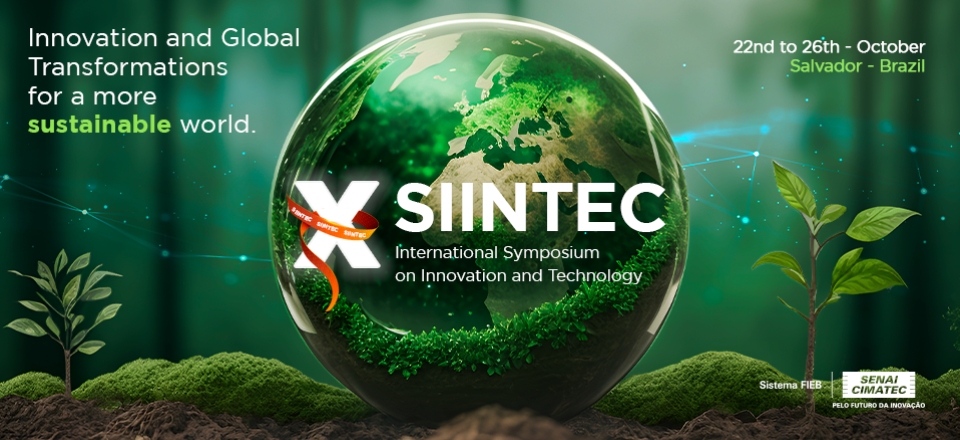SHORT COURSE 4: Fuel Cells and Batteries: Decarbonizing Mobility and Energy with Electrochemical Solutions
This mini course aims to provide a basic understanding of the principles and applications of electrochemical energy, addressing two fundamental technologies: fuel cells and batteries. Theoretical concepts, technological innovations and the potential of these solutions in the current energy scenario will be presented, with a focus on the transition to clean and renewable energy sources.
Module 1: Fuel Cells (2 hours)
This module will introduce the workings of fuel cells, devices that directly convert the chemical energy of a fuel (usually hydrogen) into electricity through an electrochemical reaction. The following will be explored
- Basic operating principles.
- Types of fuel cells (PEM, SOFC, AFC, etc.).
- Practical applications in transportation, stationary and portable generation.
- Technological challenges, such as hydrogen infrastructure and efficiency.
In addition, students will gain an insight into the role of these cells in the development of low-carbon technologies and the hydrogen economy.
Module 2: Batteries (2 hours)
The second module will look at batteries, devices that store electrochemical energy for later use. They will be discussed:
- Fundamentals of how rechargeable batteries work (Lithium-ion, Nickel-metal hydride, among others).
- Structure, materials and charging and discharging processes.
- Comparison between different types of batteries in terms of energy density, service life and safety.
- Applications in electric vehicles, mobile devices and stationary storage systems.
The importance of batteries for the integration of renewable energy sources and their strategic role in energy sustainability will also be highlighted.
Conclusion
By the end of the mini course, participants will have a solid understanding of how fuel cells and batteries can contribute to the energy transition, their current limitations and the main trends in innovation and research.
*Language taught: Portuguese









